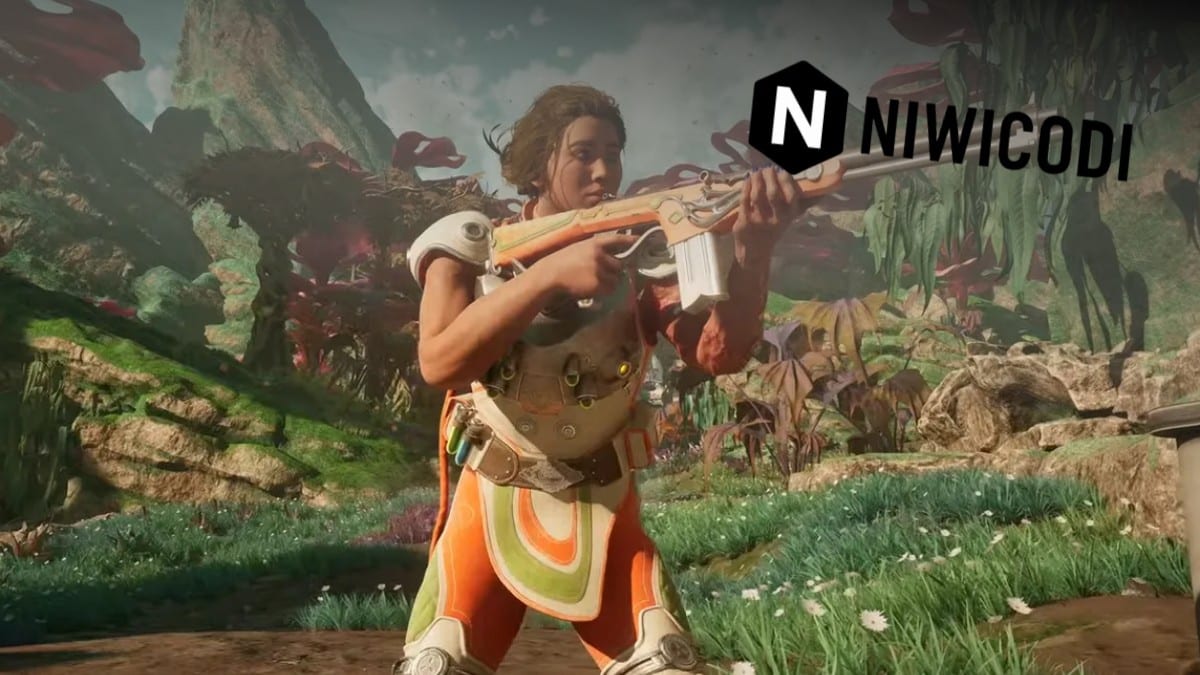In a year where Xbox’s journey felt like navigating an asteroid field, one gleaming constant has been Obsidian Entertainment. Known for crafting immersive role-playing experiences, Obsidian has hit several high notes recently. But with The Outer Worlds 2, they’ve struck the most resonant chord yet, cementing this title as a standout in their lineup.
A Universe Expanding with Precision
The Outer Worlds 2 builds on what made its predecessor a success: rich storytelling, nuanced character development, and a universe teeming with possibilities. Where many games falter in balancing narrative depth with engaging gameplay mechanics, Obsidian excels. They’ve created a world that is not just expansive but intricately woven with the kind of detail that invites exploration and rewards curiosity.
The sequel doesn’t merely rest on the laurels of the original. It refines and expands, offering players more autonomy without losing the narrative thread that binds the galaxy together. The moral choices feel weighty, influencing not just immediate outcomes but the broader game world. This is not just about crafting a path; it’s about feeling your presence in a universe that reacts to your decisions, much like the butterfly effect in action.
The technical execution here deserves mention. While many developers have struggled to adapt to next-gen expectations, The Outer Worlds 2 leverages the power of the current hardware effectively. Load times are minimal, visuals are crisp, and performance is smooth, allowing players to remain immersed without technical distractions breaking the spell. To read Keanu Reeves Could Return to Cyberpunk in a Bold New Way
What’s particularly compelling is how Obsidian has managed to maintain its signature humor and wit while tackling some of the more serious themes that resonate with today’s audience. This balance of levity and gravity is no small feat and speaks to the maturity and confidence of a studio that knows its craft.
In a landscape crowded with titles vying for attention, The Outer Worlds 2 stands out not just as another game but as an experience that feels both familiar and refreshingly new. It’s a testament to what happens when a studio listens to its players and evolves accordingly.
As we look ahead in gaming’s ever-accelerating race towards realism and complexity, Obsidian’s latest offering reminds us that narrative depth and player agency are timeless components in creating memorable experiences. While technology races forward, perhaps it’s these foundational elements that will continue to define the greats from the merely good.


